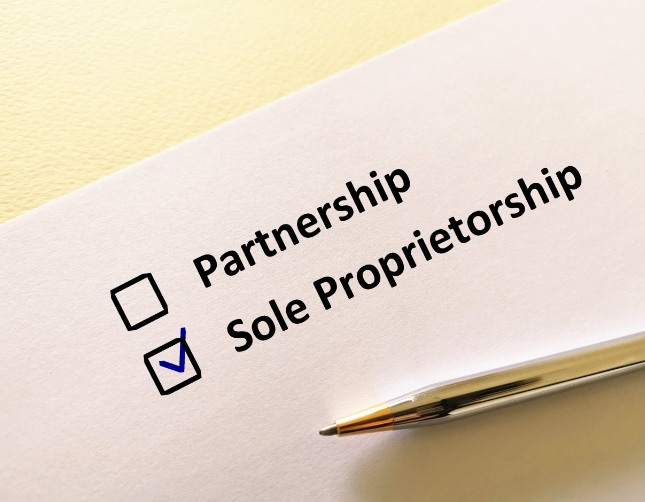Risk Management Strategies for Sole Proprietorship

As a sole proprietor, you are the sole owner of your business, which means you are solely responsible for all the risks associated with it. This can be a daunting task, but with the right risk management strategies, you can minimize the risks and protect your business. In this article, we will discuss some effective ways for sole proprietors to avoid risk.
- Get Adequate Insurance Coverage
One of the most important risk management strategies for sole proprietors is to get adequate insurance coverage. This includes liability insurance, property insurance, and business interruption insurance. Liability insurance will protect you from any legal claims made against your business, while property insurance will cover any damage or loss to your business property. Business interruption insurance will cover any loss of income due to unexpected events such as natural disasters or accidents.
- Create a Business Plan
A well-crafted business plan can help you identify potential risks and develop strategies to mitigate them. Your business plan should include a risk management plan that outlines the potential risks your business may face and the steps you will take to minimize them. This will help you stay prepared for any unexpected events and ensure the long-term success of your business.
- Keep Accurate Financial Records
Keeping accurate financial records is essential for any business, but it is especially important for sole proprietors. This will help you track your expenses, monitor your cash flow, and identify any potential financial risks. It will also help you prepare for tax season and avoid any legal issues related to your finances.
- Stay Up-to-Date with Industry Regulations
As a sole proprietor, it is your responsibility to stay up-to-date with industry regulations and compliance requirements. This will help you avoid any legal issues and ensure that your business operates within the law. You can stay informed by attending industry conferences, joining professional organizations, and regularly reviewing industry publications.
- Build a Strong Network
Building a strong network of professionals and peers can help you stay informed about industry trends and best practices. It can also provide you with valuable support and advice when you need it. You can build your network by attending industry events, joining professional organizations, and connecting with other business owners in your community.
In conclusion, as a sole proprietor, it is important to take proactive steps to manage risk and protect your business. By getting adequate insurance coverage, creating a business plan, keeping accurate financial records, staying up-to-date with industry regulations, and building a strong network, you can minimize the risks and ensure the long-term success of your business.


